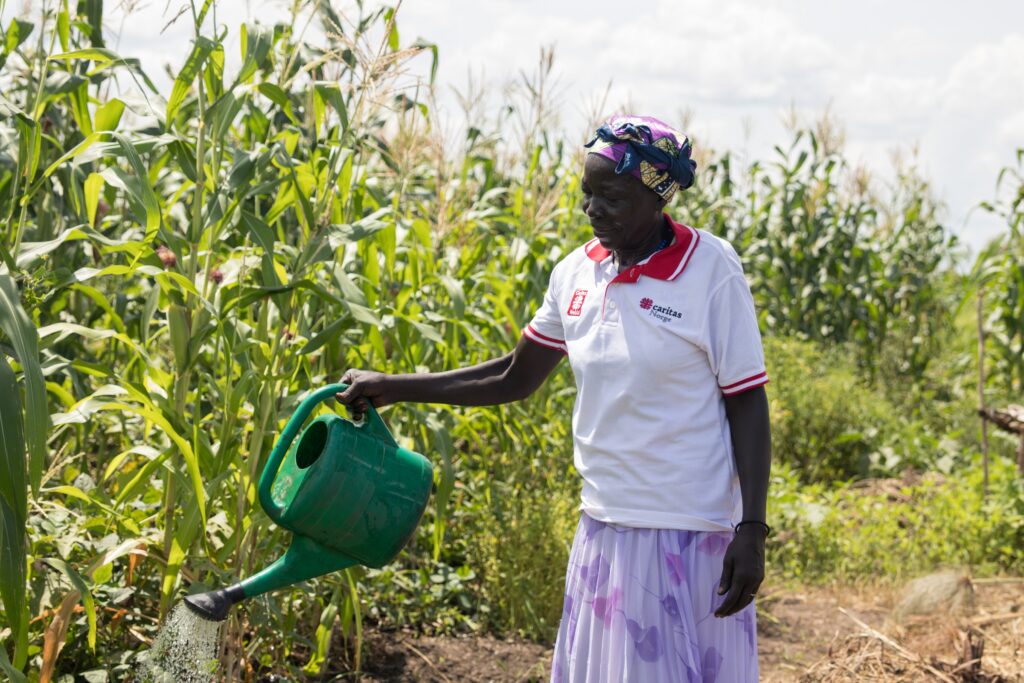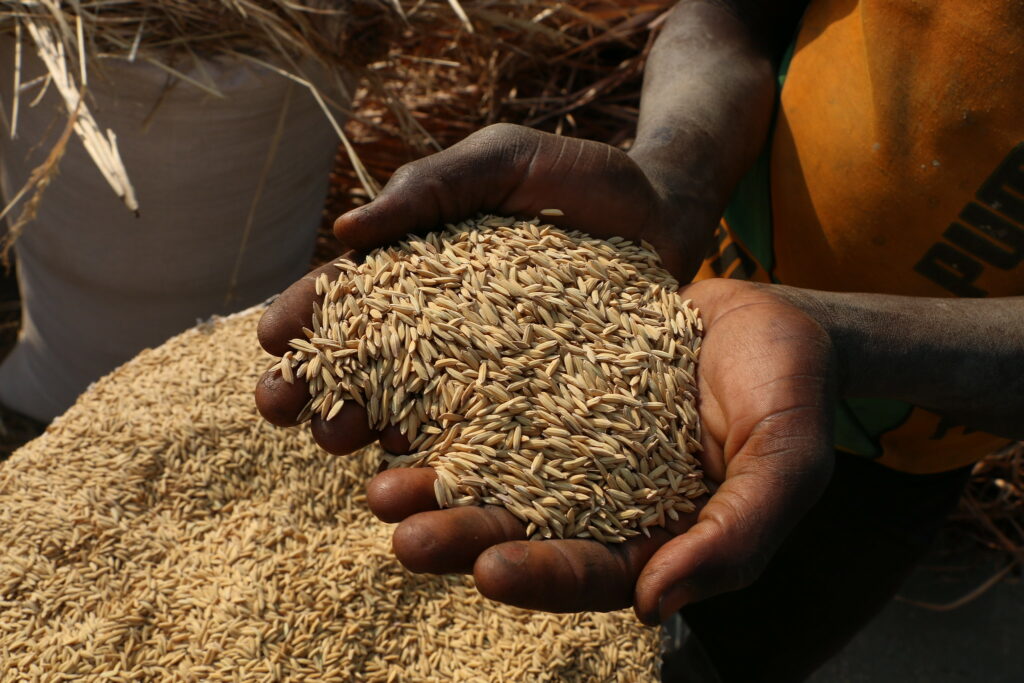Never before have so many people in Norway needed food aid as now. They have felt hunger on their bodies, something more than 735 million people in the world do every day. Some more acutely than others. The celebration of World Food Day on October 16 is more important than ever.
One important reason why more people are going hungry is the rise in food prices - which has been high in Norway, but moderate compared with developing countries. There, the prices of basic commodities such as flour, rice, maize and cooking oil have more than doubled in recent years. As a result, more and more people are in danger of starving to death, a situation that has been a reality for more than 258 million people since last year. That is 110 million more than in 2019.

Greater need - fewer donors
The Covid-19 pandemic, climate change, war in Ukraine and now in the Middle East, as well as an increase in conflicts globally are important causes. The ripple effects make us all vulnerable, but those who already have the least are affected the most. At the same time as poverty and humanitarian needs are increasing, we are seeing a trend where the willingness and ability to help is decreasing. In the period 2018-2021, only five donors provided 47 percent of humanitarian aid, and almost a third of that came from the US alone.
Fewer donors, growing funding gaps and expectations of major aid cuts in countries that have traditionally been generous and supportive paint a bleak picture. With its commitment and expertise in development cooperation, humanitarian response, and peace and reconciliation, Norway is in a unique position to take leadership and reverse the negative trend.
Closer UN cooperation
We can do this by working even more closely with the UN Food Programme (WFP), the UN Food and Agriculture Organization (FAO) and the International Fund for Agricultural Development (IFAD), which we already know well. Through WFP, Norway can contribute to more targeted emergency response, efficient logistics and innovative use of technology in the fight against hunger. It will also contribute to more predictability and flexibility so that WFP can devote more of its time to planning and preventing hunger disasters caused by climate change.
Cooperation with FAO should focus on long-term strategies such as agricultural development, sustainable fishing and forestry, and strengthening national resources in food and nutrition security. Through IFAD, Norway can scale up efforts to strengthen the preparedness of small-scale farmers.
At the same time, clearer demands must be made on the major UN actors to strengthen local grassroots-based aid organizations and use them in their work. In the long term, this will pay off in the form of faster, more accurate, cheaper and, not least, a more sustainable response in societies that are becoming increasingly autocratic. Another requirement must be that the UN organizations coordinate better so that they do not overlap or interfere with each other's roles. We cannot afford that.
Focus on small-scale farmers
In developing countries, small-scale farmers account for up to 80% of food production. In addition to being food producers, they contribute positively to the local economy. But unstable prices, lack of markets and increasingly unpredictable extreme weather create major challenges. And if global warming exceeds 1.5 degrees, there is a risk that eight percent of the world's arable land will become unproductive. This means that farmers in developing countries need more than financial support. They need training, access to weather forecasting services and other agricultural technology, as well as infrastructure development.
Sustainable solutions
With a rich treasury, strong diplomacy and a heart for global solidarity, Norway has all the prerequisites to become a global catalyst for change that ensures sustainable food production globally. This is not just about financial contributions, but also about knowledge sharing, building bridges between civil society, the private sector and governments, and promoting innovation in the field.
Norway has a golden opportunity and a historical responsibility, and can contribute to a world where the right to food is realized. We must strengthen the global partnership for sustainable development and global dialogue, as well as our presence at a time when geopolitical tensions provoke isolationism and populist political priorities.
